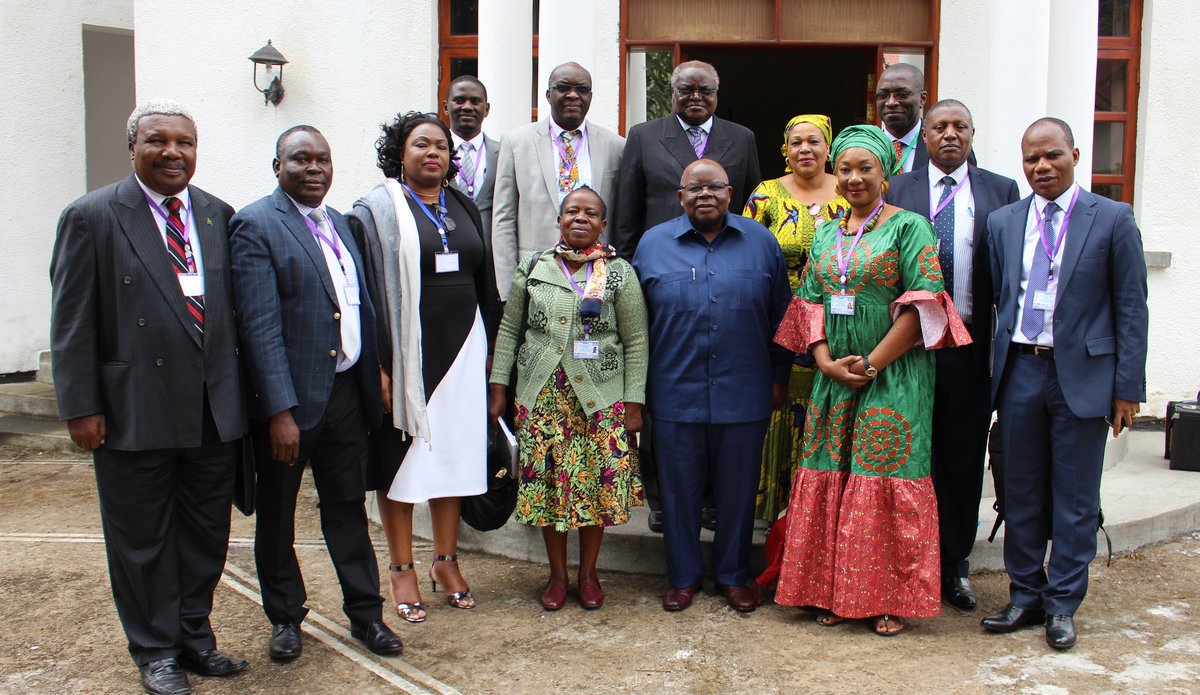Under the leadership of the Special Envoy, the main mandate of OSESG-B is to work with the Government of Burundi and other stakeholders, including sub-regional, regional and international partners to support an inclusive inter-Burundi dialogue and other efforts to achieve lasting peace.
- In accordance with the resolutions adopted by the Security Council in 2015 and 2016 establishing the Office of the Special Adviser on Conflict Prevention, including in Burundi, the United Nations is committed to a peaceful resolution of the crisis in the country;
- The position of the United Nations is essentially proactive. The proposal, for example, to deploy a police force was essentially aimed at preventing further deterioration of the humanitarian situation;
- The presence of a small group of observers and support team enables the situation in the field to be closely monitored. It also ensures the capacity to alert stakeholders (national, regional and international) of any potential threat to country's fragile peace;
- The United Nations and the international community as a whole attach great importance to the inter-Burundi dialogue, the inclusiveness of the process, along with respect for the letter and spirit of the Arusha Agreement;
- The inter-Burundi dialogue is led by the East African Community (EAC), which has been mandated by the African Union (AU). The Ombudsman and the Facilitator are appointed by the EAC;
- Alongside the UN, other actors supporting the dialogue process financially, technically, diplomatically include the EAC, the International Conference for the Great Lakes Region (ICGLR), the AU, the European Union (EU) and China;
- United Nations assistance to this peace effort is coordinated by OSESG-B, which is also a member of the Joint Technical Working Group (JTWG) composed of representatives of the EAC, AU and OSESG-B.
 UN
UN
